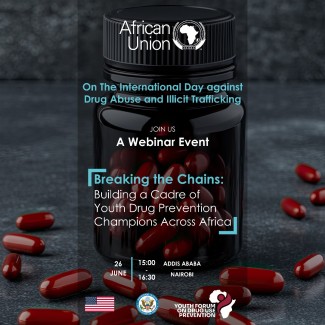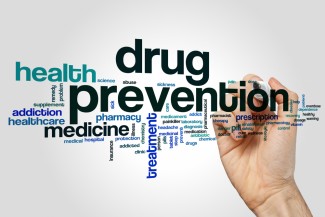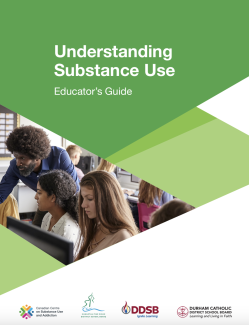
youth

Youth TOT in Polonnaruwa, Sri Lanka
Mahaweli Authority of Sri Lanka has collaborated with National Dangerous Drugs Control Board to enhance the quality of lives their farmers and reduce the use of substance in their areas since 2016. In 2025 February, Mahaweli Authority of...

Money Matters: Time for Prevention and Early Intervention to Address Family Economic Circumstances
Background Child poverty is linked to poorer physical and mental health, negative educational outcomes, and long-term social and psychological issues, all of which increase service demand and costs. Traditionally, prevention and early...

(Video) Welcome to the ISSUP Malaysia Youth Channel
The ISSUP Malaysia Youth team send a very warm welcome to all of our viewers and discuss why we need to invest in substance use prevention.
Considering the Youth
Youth is defined by the United Nations, as the age between 15 and 24. This period represents a period of remarkable change for individuals, where they must move from a dependence on parent figures to establishing their own identity and independence.

Engaging Youth in Substance Use Prevention
Engaging youth in substance use prevention has proven to be a vital and effective strategy. Empowerment across all youth, but particularly among marginalised groups such as youth of colour, is a significant aspect of this involvement...

Empowering Advocacy: ISSUP Philippines’ Recent Contributions to Partner Initiatives
For the past few months, the ISSUP Philippine Chapter has continued its behind-the-scenes preparations for several initiatives, especially for an upcoming National Conference this October, 2024. At the same time, our Chapter actively...
Understanding Substance Use: Educator's Guide
The guide, co-developed by the Canadian Centre on Substance Use and Addiction (CCSA) and several school boards, aims to equip educators with knowledge and resources to promote well-being and reduce substance-related harms among youth...

Age-dependent association of cannabis use with risk of psychotic disorder
Abstract Background Epidemiologic research suggests that youth cannabis use is associated with psychotic disorders. However, current evidence is based heavily on 20th-century data when cannabis was substantially less potent than today...